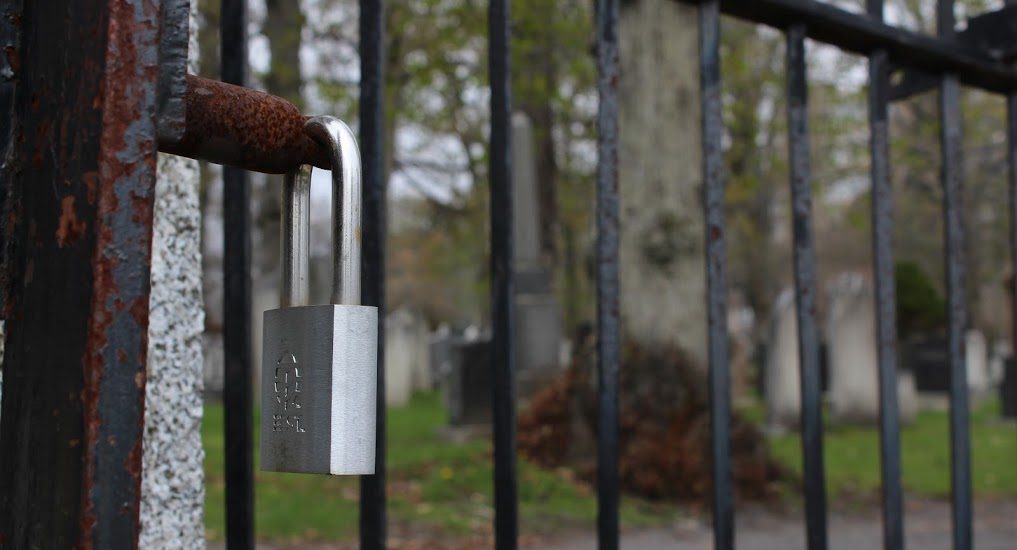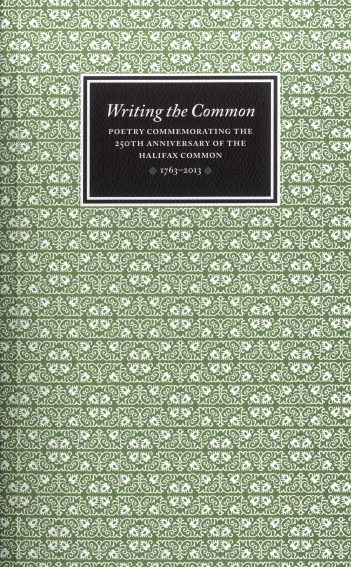
night cemetery
for John Thadin
the cops weren’t there
when someone bludgeoned you to death
beside the grave of Alexander Keith
since then I’ve seen police cars cruising
where you once did
what are they protecting
and from whom?
the new sign says
Cemetery Closed
Dusk to Dawn
No Entry
By Order
City of Halifax
a simple solution
to legislate our absence
and kill two birds with one sign
as if its words could still
the forces that compel
one man to reach towards a stranger
and another man to kill
I passed the cemetery late tonight
a taxi driving by on Summer Street
was mirrored in the polished headstones
and I thought I saw
inside the fence
the ghost of a patrol car
The poem night cemetery by Robin Metcalfe was inspired by the ghastly murder of John William Tha Din in 1988 in the Halifax Camp Hill Cemetery, a well known gay cruising area at the time. At the trial of the two men convicted of murder we heard that Tha Din was robbed and murdered because “fags are an easier market,” and “more fragile.”
Tha Din’s murder was not so much an aberration as the consequence of a culture that considers gay bashing acceptable. Anti-gay violence was part of the 1980s for the Halifax LGBTQ community, as it remains for many today. You could lose your job if it was found out that you were queer. You could lose your apartment. You could be denied service in a restaurant. Or you could get beaten up.
Robin Metcalfe is a queer rights activist, historian, writer, and director/curator at the Saint Mary’s University Art Gallery. Like last week’s Grass of the Commons, by David Huebert, Metcalfe’s poem was published in Writing the Common, a wonderful collection of poems about the Halifax Commons by a great bunch of local poets, published in 2013, by Gaspereau Press. In Halifax you can pick up your copy at Bookmark on Spring Garden Road.
night cemetery is reproduced courtesy of Robin Metcalfe.
Please support the Nova Scotia Advocate so that it can continue to cover Nova Scotia poets and issues such as poverty, racism, exclusion, workers’ rights and the environment in Nova Scotia.




